- Browse
- Kubernetes
Kubernetes Courses
Kubernetes courses can help you learn container orchestration, deployment strategies, scaling applications, and managing clusters. You can build skills in monitoring performance, automating workflows, and ensuring high availability. Many courses introduce tools like Helm for package management, kubectl for command-line interactions, and Prometheus for monitoring, showing how these tools integrate with Kubernetes to streamline application management and enhance operational efficiency.
Popular Kubernetes Courses and Certifications
 Status: NewNewStatus: Free TrialFree Trial
Status: NewNewStatus: Free TrialFree TrialSkills you'll gain: Google Cloud Platform, Cloud Deployment, YAML, Restful API, Load Balancing, Configuration Management
Intermediate · Course · 1 - 4 Weeks
 Status: Free TrialFree TrialG
Status: Free TrialFree TrialGGoogle Cloud
Skills you'll gain: API Gateway, Cloud Applications, Google Cloud Platform, Cloud Infrastructure, Application Deployment, Prompt Engineering, Kubernetes, Cloud Development, Serverless Computing, Cloud-Native Computing, Microservices, Containerization, Application Development, Application Programming Interface (API), Infrastructure as Code (IaC), Cloud Services, Identity and Access Management, Cloud Storage, Cloud Computing, Debugging
4.7·Rating, 4.7 out of 5 stars43 reviewsIntermediate · Specialization · 3 - 6 Months
 G
GGoogle Cloud
Skills you'll gain: Cloud Deployment, Kubernetes, Application Deployment, Google Cloud Platform, Docker (Software), Cloud Applications, CI/CD, Scalability, Containerization
Beginner · Project · Less Than 2 Hours
 Status: Free TrialFree Trial
Status: Free TrialFree TrialSkills you'll gain: Linux Administration, Docker (Software), Containerization, Linux, Network Troubleshooting, Linux Servers, Ansible, Kubernetes, Authentications, Infrastructure as Code (IaC), Network Administration, System Configuration, Remote Access Systems, Multi-Factor Authentication, Network Protocols, Network Security, Security Controls, Firewall, Web Servers, Encryption
4.8·Rating, 4.8 out of 5 stars10 reviewsAdvanced · Course · 1 - 4 Weeks
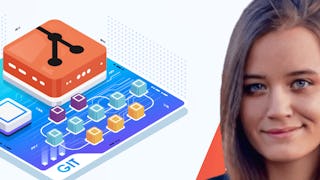 Status: Free TrialFree TrialK
Status: Free TrialFree TrialKKodeKloud
Skills you'll gain: Version Control, Git (Version Control System), GitHub, Collaborative Software, Software Configuration Management, DevOps, Software Development Tools, Linux
4.8·Rating, 4.8 out of 5 stars30 reviewsBeginner · Course · 1 - 4 Weeks
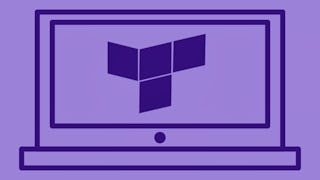 Status: Free TrialFree TrialC
Status: Free TrialFree TrialCCodio
Skills you'll gain: Infrastructure as Code (IaC), Terraform, Docker (Software), Kubernetes, Ansible, Containerization, Ubuntu, Cloud Infrastructure, Cloud Management, Cloud-Native Computing, Cloud Computing Architecture, Systems Development, Application Deployment, Firewall, Infrastructure As A Service (IaaS), Security Controls, Unix, Bash (Scripting Language), Amazon Web Services, Amazon Elastic Compute Cloud
3.1·Rating, 3.1 out of 5 stars36 reviewsBeginner · Specialization · 1 - 3 Months
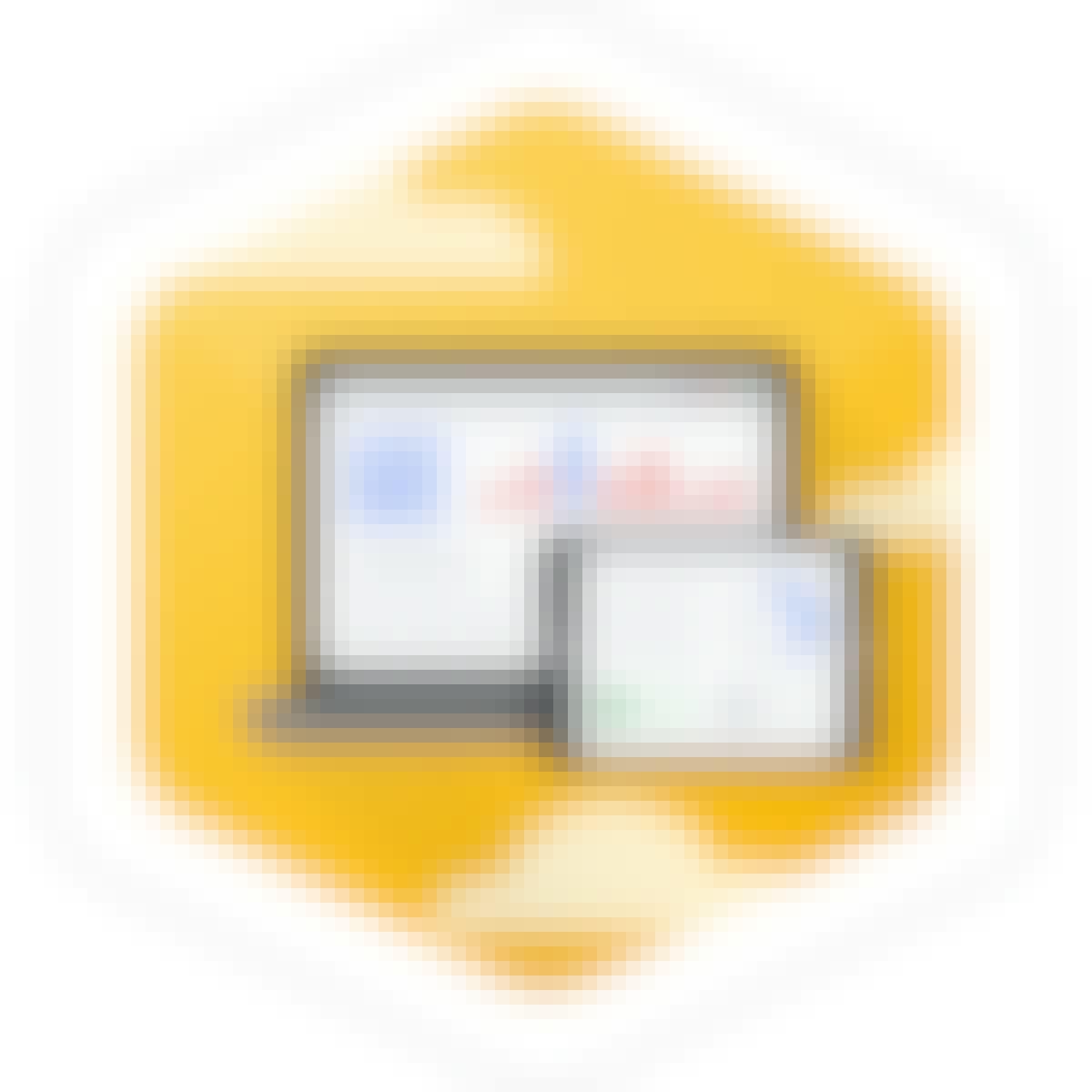 Status: Free TrialFree Trial
Status: Free TrialFree TrialSkills you'll gain: API Gateway, Cloud API, Application Programming Interface (API), Kubernetes, Google Cloud Platform, Hybrid Cloud Computing, Application Performance Management, Capacity Management, Scalability, Application Security, Security Controls, System Monitoring, Application Deployment, Patch Management, Data Security, Cloud Deployment, Software Installation, Network Troubleshooting, Verification And Validation, Release Management
4.6·Rating, 4.6 out of 5 stars58 reviewsBeginner · Specialization · 1 - 3 Months
 Status: Free TrialFree Trial
Status: Free TrialFree TrialSkills you'll gain: Amazon Web Services, Containerization, AWS CloudFormation, Infrastructure as Code (IaC), Amazon CloudWatch, CI/CD, Docker (Software), Kubernetes, Cloud Deployment, Cloud Infrastructure, Application Deployment, Serverless Computing, Software Development Life Cycle, Configuration Management, Disaster Recovery, Continuous Deployment, Amazon Elastic Compute Cloud, Firewall, DevOps, API Gateway
4.4·Rating, 4.4 out of 5 stars29 reviewsIntermediate · Specialization · 3 - 6 Months
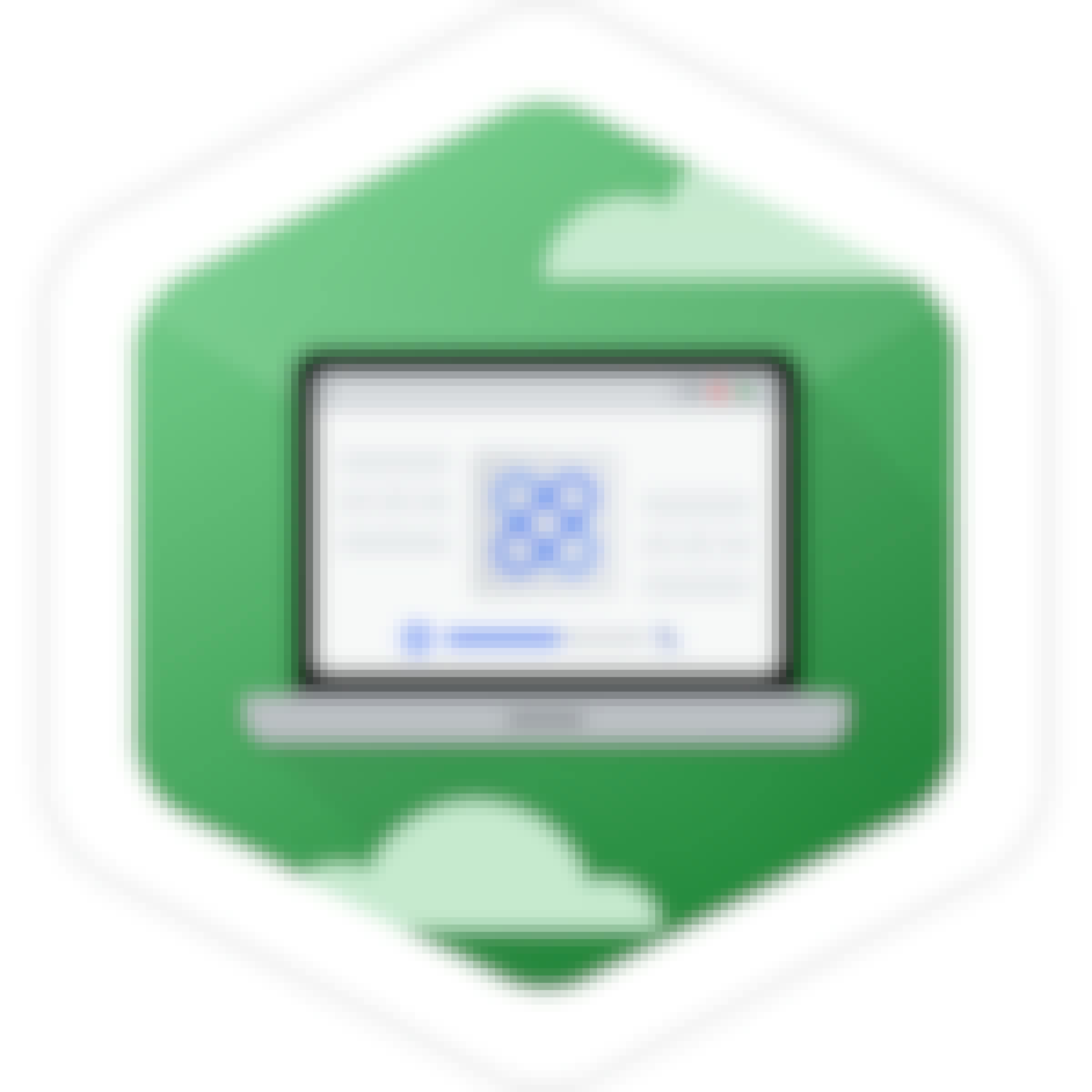 Status: Free TrialFree Trial
Status: Free TrialFree TrialSkills you'll gain: API Gateway, Kubernetes, Cloud API, Google Cloud Platform, Hybrid Cloud Computing, Application Programming Interface (API), Application Deployment, Software Installation, Verification And Validation, Containerization, Configuration Management
4.6·Rating, 4.6 out of 5 stars44 reviewsBeginner · Course · 1 - 4 Weeks
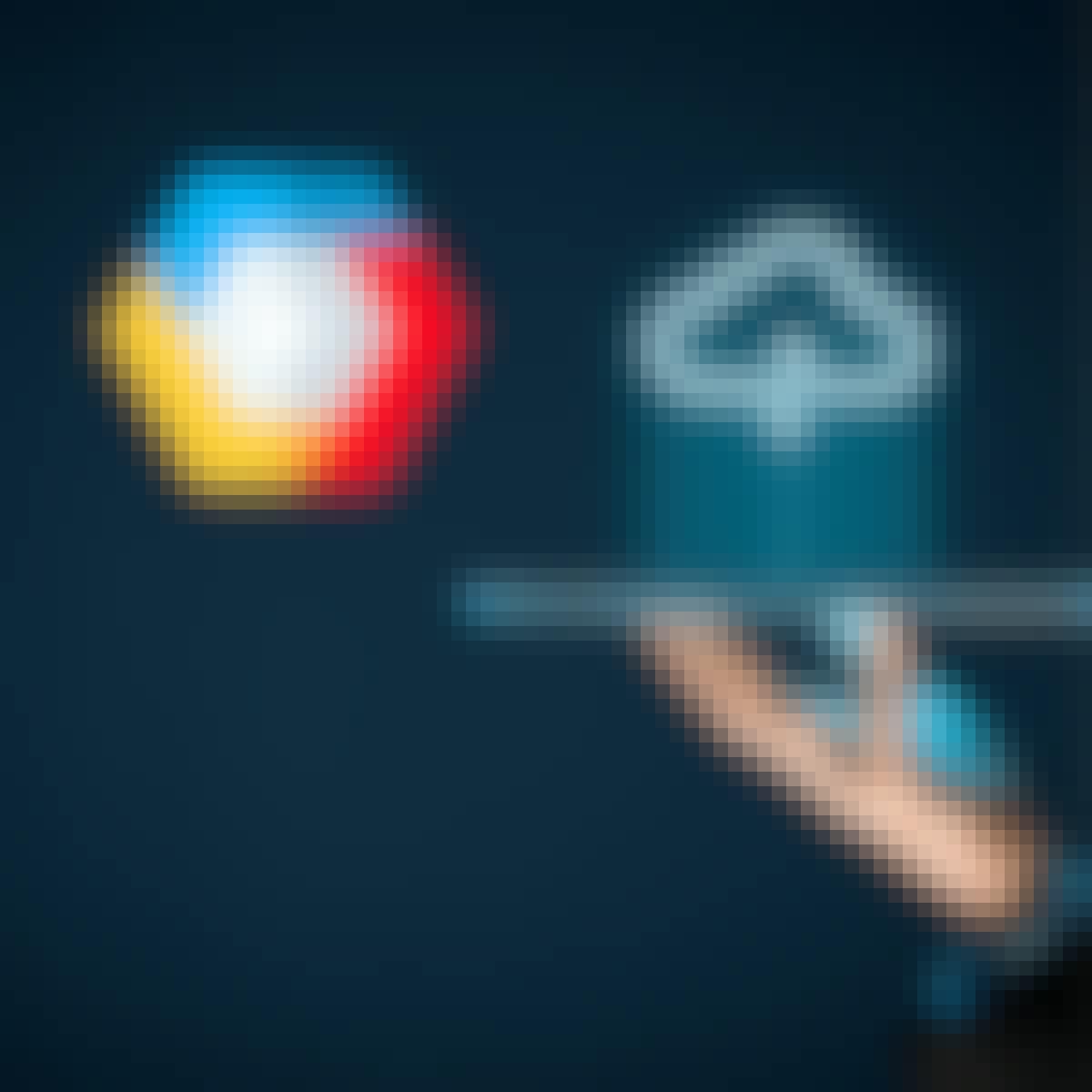 Status: Free TrialFree TrialL
Status: Free TrialFree TrialLLearnKartS
Skills you'll gain: Site Reliability Engineering, Infrastructure as Code (IaC), Google Cloud Platform, Cloud Services, Application Deployment, Cloud Computing Architecture, Identity and Access Management, Cloud Infrastructure, Google App Engine, Kubernetes, Database Management, Cloud Solutions, Cloud Computing, Cloud Storage, Cloud Management, CI/CD, Cloud Security, Network Monitoring, Big Data, Load Balancing
4.7·Rating, 4.7 out of 5 stars15 reviewsIntermediate · Specialization · 1 - 3 Months
 Status: NewNewStatus: Free TrialFree TrialG
Status: NewNewStatus: Free TrialFree TrialGGoogle Cloud
Skills you'll gain: Model Deployment, Google Cloud Platform, Cloud Deployment, Cloud Infrastructure, Hardware Architecture, Infrastructure Architecture, AI Workflows, Cloud Computing Architecture, Performance Tuning, Computer Hardware, MLOps (Machine Learning Operations), Cloud Platforms, Computing Platforms, Interoperability, Artificial Intelligence, Product Demonstration, Performance Improvement, Benchmarking, Systems Architecture
4.3·Rating, 4.3 out of 5 stars22 reviewsIntermediate · Specialization · 1 - 3 Months
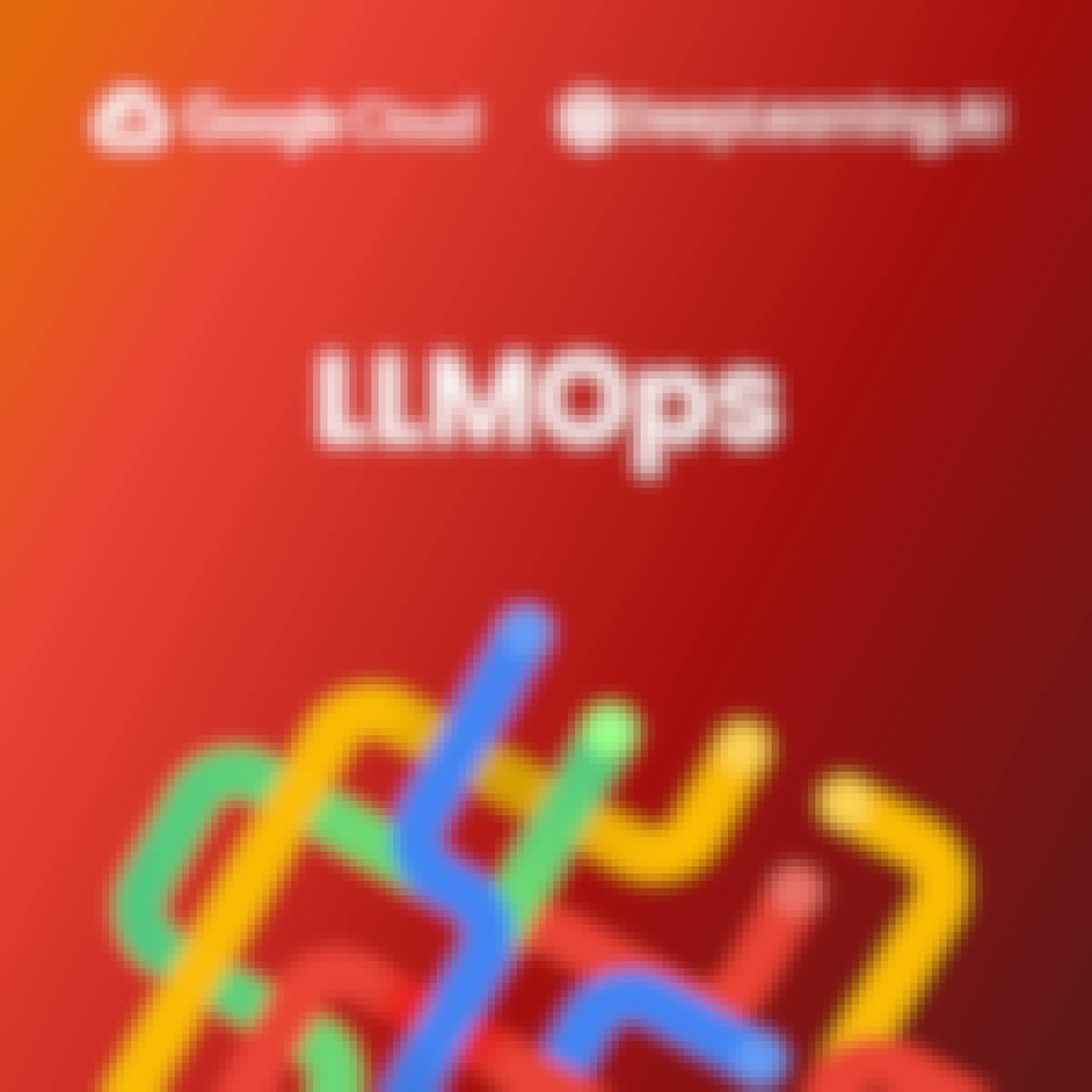 Status: FreeFreeD
Status: FreeFreeDDeepLearning.AI
Skills you'll gain: Responsible AI, LLM Application, Large Language Modeling, Google Cloud Platform, MLOps (Machine Learning Operations), Model Deployment, Kubernetes, Model Evaluation, Software Versioning, Supervised Learning
3.8·Rating, 3.8 out of 5 stars32 reviewsBeginner · Project · Less Than 2 Hours
In summary, here are 10 of our most popular kubernetes courses
- Advanced Spring Cloud Microservices & Deployment with Docker: Packt
- Developing Applications with Google Cloud: Google Cloud
- Deploy Your Website on Cloud Run: Google Cloud
- Advanced Linux Networking and Security: Packt
- Git Basics for DevOps: KodeKloud
- Containers in the Cloud: Codio
- Managing Google Cloud's Apigee API Platform for Hybrid Cloud: Google Cloud
- Exam Prep: AWS Certified DevOps Engineer - Professional: Whizlabs
- Architecting and Installing the Apigee Hybrid API Platform: Google Cloud
- Google Professional Cloud Architect Prep: LearnKartS










